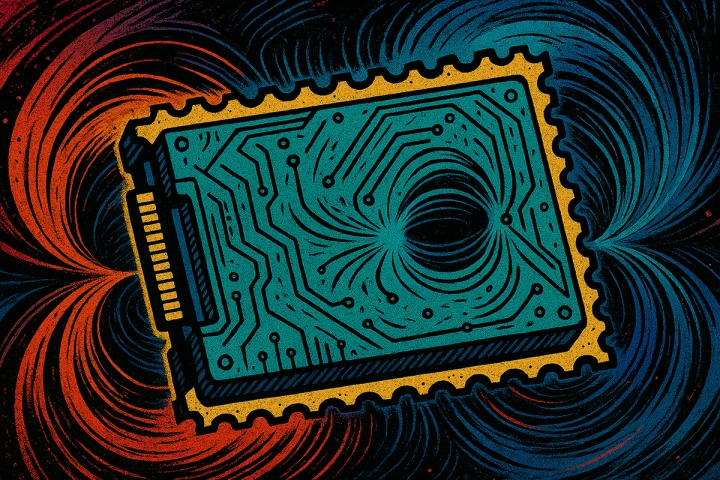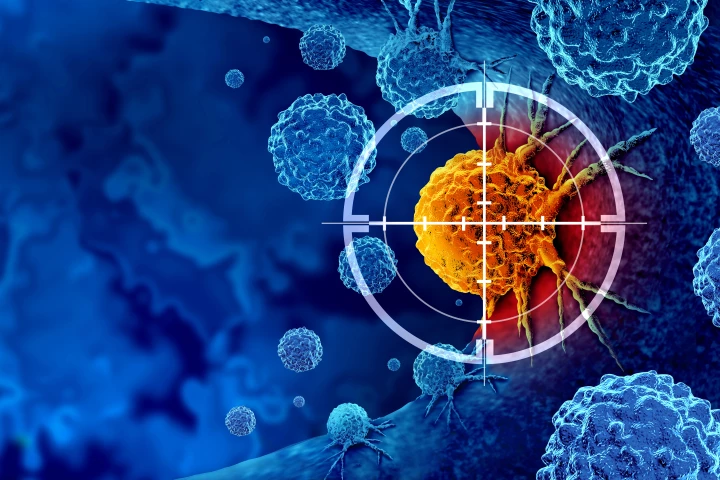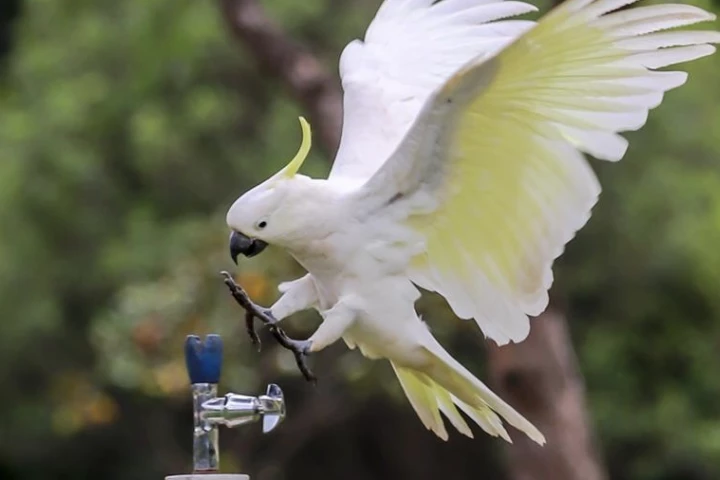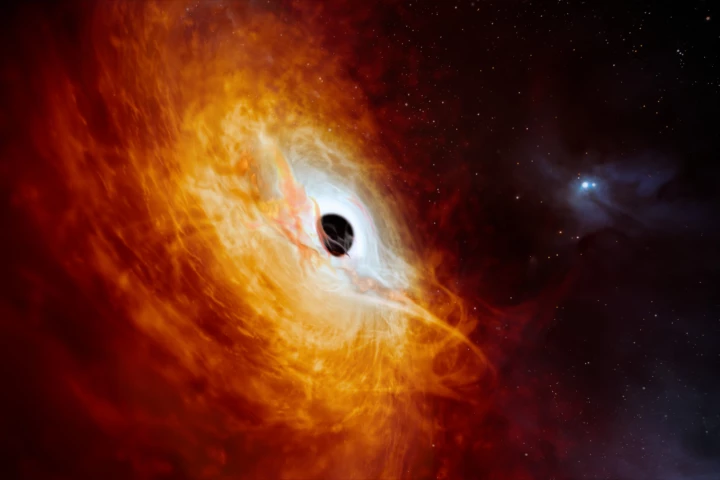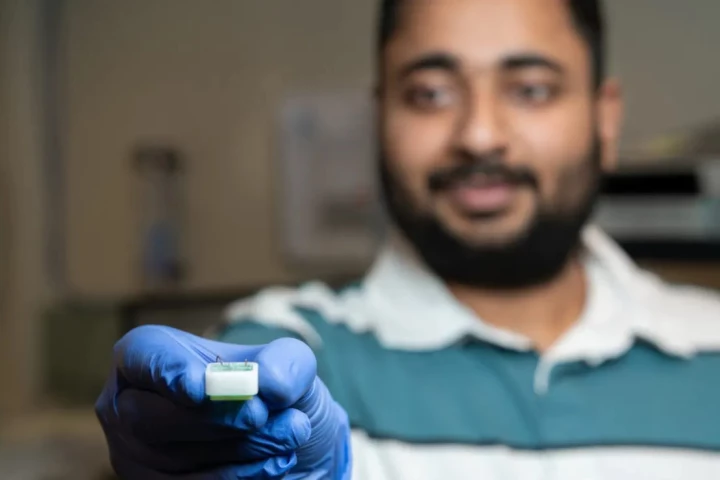Australian National University
-
A team of chemists has developed a new type of magnetic molecule that could be the key to storing vast amounts of data on absolutely miniscule drives. That could be huge for data centers in the future.
-
There have been some wildly ambitious schemes to knock the power out of hurricanes over the years. Now, scientists believe they have come up with a way to successfully subdue these destructive storms, long before they have a chance to reach land.
-
A promising new treatment to combat "undruggable" cancers has been green-lit for a human trial. It's hoped the novel drug will be able to stunt the growth and enable the effective treatment of cancers driven by the MYC oncogene and its MYC protein.
-
In an impressive feat of urban adaptation, sulphur-crested cockatoos have worked out how to use their feet and their large bodies to twist the taps of drinking fountains. And much like another of their moves, they're learning to do this en masse.
-
Many of us have had a tooth pulled in the dentist's chair, and even with anesthetic, it's not pleasant. So spare a thought for the people who, for millennia, chose to have good teeth yanked out with no painkillers – all in the name of beauty (mainly).
-
The first-ever video of a blue whale nursing her calf has been released, as well as stunning footage of the species' intimate interactions. It's the first time these famously elusive animals have had their personal lives captured in this way.
-
A pair of night-vision glasses would change the way we navigate the late hours, from driving to walking home in the dark. This vision is nearer to reality, as researchers simplify how light is processed, trading bulky lenses for cling-wrap-thin film.
-
The brightest object in the known universe has just been found. It's a supermassive black hole with the mass of 17 billion Suns, and it swallows another Suns’ worth of material every day, making it also the fastest-growing black hole ever found.
-
Physicists have combined nanotechnology, artificial intelligence and molecular biology to design a novel method that can detect Alzheimer’s disease protein markers in blood that are the tell-tale signs of early neurodegeneration.
-
Researchers discovered the world’s first case of a new human parasitic infection, pulling a live roundworm from a woman's brain. They say the case highlights the risks posed by zoonotic diseases caused by pathogens that jump from animals to humans.
-
The European red fox isn't native to Australia, but it does live there now, preying on native species. To help restore the ecological balance, scientists are experimenting with putting foxes off of some of those creatures, by making them barf.
-
The earliest spice mix for a Southeast Asian curry has been identified on a sandstone slab excavated from the Óc Eo site in Vietnam. Incredibly, many of the ingredients are still key in curries today, but it also tells a tale about ancient trade routes.
Load More
